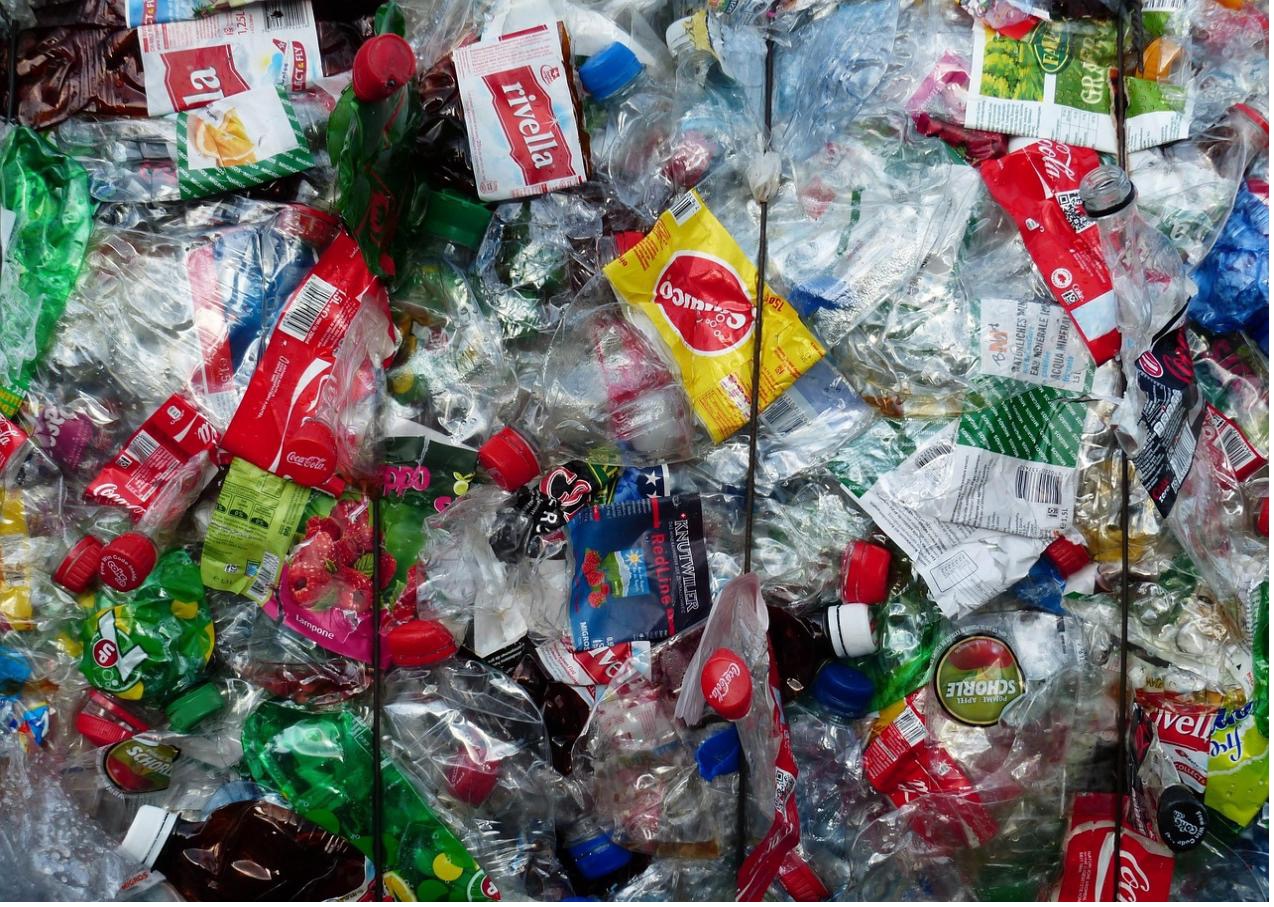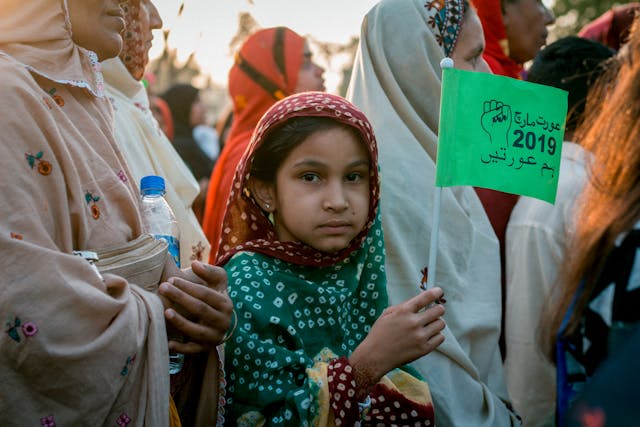The Covid-19 pandemic has revealed the inherent problems and injustices in countries around the globe. We discuss its implications in Pakistan.
In the past, Pakistan has largely focused on the neo-classical economic theory of growth through inequality. This theory revolves around increasing the investment base of a country by empowering the rich, on the premise that it is the rich who primarily save and invest. The lower-middle and poor class are left unattended and deprived.
The real strength of a country is its people. Recent studies highlight that development of people’s capabilities is not an end-result of economic growth, but it’s very determinant. Covid-19 offers an opportunity, or more accurately, an impetus, for human development – that is, development through equality.
Covid-19 has unfolded some major problems in Pakistan:
-
Underinvestment in healthcare
The healthcare system of the country has always remained underinvested. Even in normal times, it struggles to work for the wellbeing of people. The novel epidemic demanded (and has disclosed the importance of) a strong and equitable health infrastructure.
-
Lack of provision of universal basic services
The daily wagers or unemployed people, deprived of a dignified standard of living, barely live from hand to mouth. The virus unfolded the significance of investment in the universal provision of basic services, such as education, health, and social protection.
Quality education builds the knowledge infrastructure of the country, producing new enterprises and employment opportunities. Better healthcare ensures a healthy national profile and labor force. Social services improve the standard of living of people, especially those unemployed or belonging to the informal sector. These basic services set the foundation for human development.
-
Exploitation by the business community
The patron-client networks in the business industry, such as mafias, earn massive amounts of (unearned) profit, especially at the expense of small enterprises. This reduces efficiency and competition in the economy. Covid-19 exposed the rigidity and undue activities of the business community, thereby demanding state intervention.
On one hand, Pakistan needs to empower the poor and middle-farmers through participatory agricultural programs, government land distribution, and credit facilities. On the other hand, the state needs to empower SMEs in skill-intensive industries to increase investment and improve the economic complexity of the country’s export structure.
-
Non-seriousness in information and communications technology
Pakistan’s attitude towards Information Technology and digitization in socio-economic spheres has been largely superficial till now. The public and private sectors need to adopt advanced technologies in their production, operational, and branding/distribution processes, now more than ever.
-
Politico-religious groups
The religious groups of Pakistan in pursuit of political power have become unduly rebellious and obscurantist in ideology, that it has damaged the entire socio-political culture of our country.
Ideology is an important aspect of a nation. An ideology based on the universal values of humanity guides the state towards developmental goals. The epidemic has exposed the obscurantist religious attitude of some people, creating incentives to look inside (and reform) the socio-political religious atmosphere.
Government spending on people, in any way, should be seen as an investment, not an expenditure. Given the revelations of the Covid-19 pandemic, it is high time to realize that the development of a human economy is a prerequisite for sustained economic growth and provision of justice.







1 thought on “Revelations of the Covid-19 Pandemic”
Pingback: Should Pakistan Commercialize Covid-19 Vaccination? - Effective Thoughts